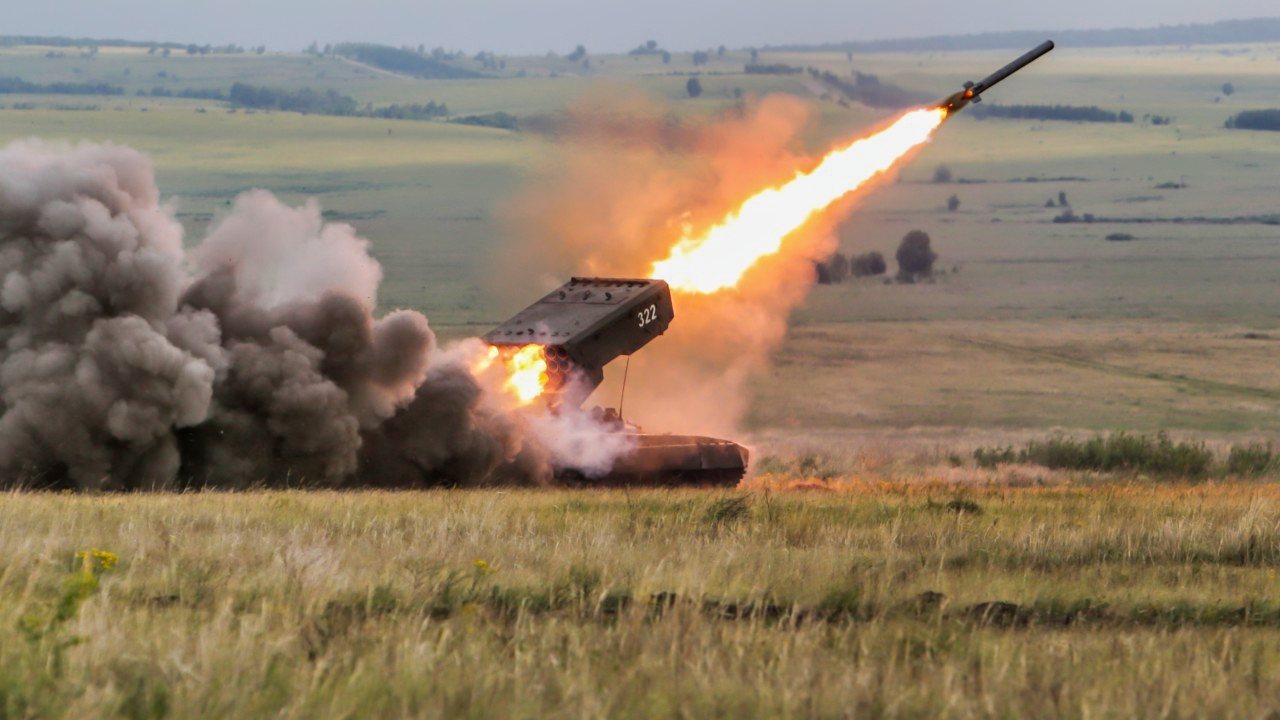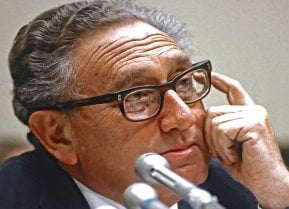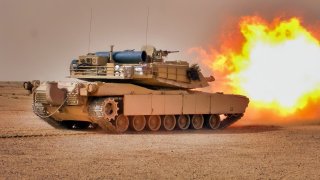What Americans Owe Ukraine
Imagine that two years ago—before Putin invaded Ukraine—someone had come to the US with a credible proposition to hobble Russia’s military threat to Europe for the decade ahead without the loss of a single American soldier. How much would Americans have been willing to invest in that initiative?
Imagine that two years ago—before Putin invaded Ukraine—someone had come to the US with a credible proposition to hobble Russia’s military threat to Europe for the decade ahead without the loss of a single American soldier. How much would Americans have been willing to invest in that initiative?
A quarter of our $800 billion dollar defense budget? A tithe a year for several years?
Imagine further that the proposal would also:
-Awaken our European NATO partners to the reality of bloody, large-scale combat in the 21st century—motivating them to invest hundreds of billions of dollars in building their own defense capabilities?
-Persuade two of the most militarily capable European nations—Finland and Sweden—to join NATO and thus significantly enhance its deterrent strength.
-Deliver to Putin a huge strategic failure—by decisively defeating his attempt to capture Kyiv and essentially erase Ukraine from the map.
-Persuade the nation with the most important economy in Europe—Germany—to eliminate its dependence on Russia for cheap energy and begin building up its own military forces.
-Revitalize the transatlantic alliance in a sustained coordinated campaign to defeat Russian aggression by arming and funding Ukraine and weakening Russia by imposing the most -comprehensive economic sanctions in history.
And if that were not enough, even arousing the individual who has the most sway with Putin, China’s Xi Jinping, to warn him both privately and publicly against any “threat or use of nuclear weapons”—thus strengthening the “nuclear taboo” that has emerged over the past 78 years since nuclear weapons were last used in war.
Had such a proposal been offered, it would have seemed unbelievable and likely dismissed as too good to be true. But if we examine what has actually happened over the 24 months since Putin invaded Ukraine, one incandescent fact is impossible to deny. Thanks to Ukrainians’ remarkable courage, determination to fight for their own freedom, and resilience, the adversary whom the US threat matrix had ranked as the second most capable military power in the world has been fought to a draw. Putin’s forces failed in their lightening attack aimed at capturing Kiev. Ukraine’s military recovered more than half of the territory Russia seized in the first chapter of the war. And Ukraine has fought Russia to a standstill at which it has been unable to make any significant advances for more than a year.
The US is fortunate to have our nation’s most insightful Russia watcher now serving as Director of CIA. Bill Burns has analyzed Putin for decades and dealt with him directly over the years he served as US Ambassador to Moscow. Last month, Burns summarized as the telling bottom lines in this war: “At least 315,000 Russian soldiers have been killed or wounded, two-thirds of Russia’s prewar tank inventory has been destroyed, and Putin’s vaunted decades-long military modernization program has been hollowed out.” Without the loss of the life of a single American soldier, Putin’s military threat to NATO has been substantially diminished.
As we admire and thank the brave Ukrainian soldiers who have been killing and dying on the battlefield, we must also recognize that their success would not have been possible with the vital lifeline of arms, ammunition, and money from the US and Europe. Over the past two years, the free world has given Ukraine some $230 billion in aid, with the US providing $45 billion in military assistance and $30 billion in non-military (humanitarian and financial) aid and the Europeans giving $50 billion in military aid and $114 billion in non-military aid.

Last month, the EU voted an additional $54 billion for Ukraine. On Monday, the Senate passed legislation appropriating another $60 billion in military and economic aid that should allow Ukrainian warriors to fight Russians to a point where it will be in a position to negotiate with Russia to end this war.
Members of the House of Representatives now face a fateful choice. Those who fail to vote to provide essential assistance to Ukraine will be remembered for having snatched defeat from the jaws of victory.
About the Author
Dr. Graham Allison is the Douglas Dillon Professor of Government at Harvard University, where he has taught for five decades. Allison is a leading analyst of national security with special interests in nuclear weapons, Russia, China, and decision-making. Allison was the “Founding Dean” of Harvard’s John F. Kennedy School of Government, and until 2017, served as Director of its Belfer Center for Science and International Affairs which is ranked the “#1 University Affiliated Think Tank” in the world.
Image Credit: U.S. Government and Shutterstock.


